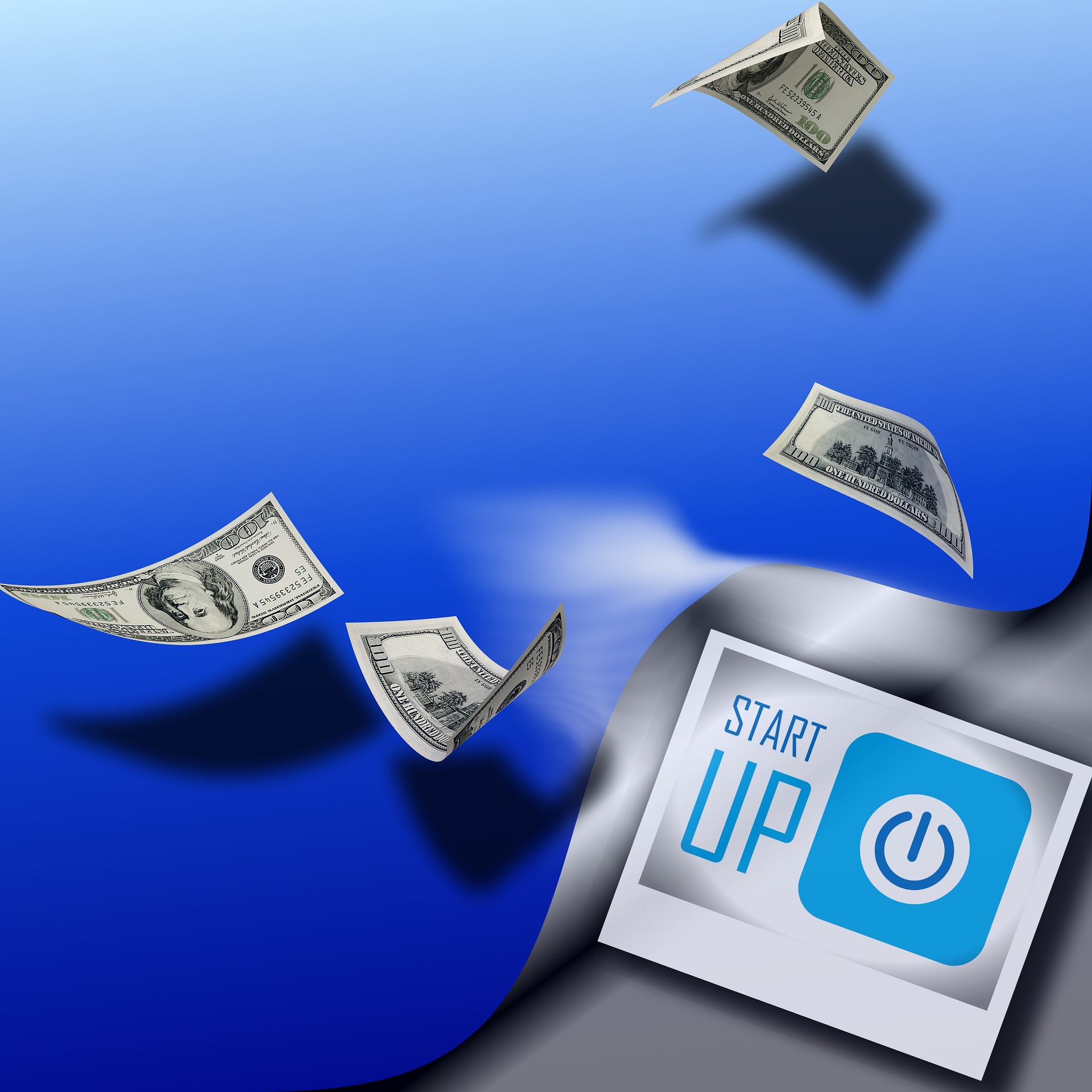- Home
- What is a Lifestyle Business?
- What is a Startup?
What is a Startup Company?
What is a startup company, and how is it different from a solo or small lifestyle business? The main difference is in the goals of the company founder(s).
The objective of a startup is to grow as quickly as possible and maximize revenues and profit.
In contrast, the owners of a small lifestyle business desire to accomplish their specific lifestyle goals which may not be to maximize the money being made (if the money is at the expense of personal satisfaction or enjoyment). They may want to maximize flexibility, just pay their bills and leave time for hobbies or travel, or focus on the products or services that they enjoy, even if they are not the most profitable.
Definition of a Startup Company

A startup company is driven by optimizing profit at the expense of all else.
The goal of a startup is to grow as quickly as possible into a large company with millions of dollars in revenue and profit.
In order to accomplish this goal, most startups seek out investor funds or venture capital to fund the initial rapid growth. As a result, startup founders are seeking a lucrative "exit" after 3 to 5 years, which provides an attractive money-making opportunity for investors.
The exit may be acquisition by another larger business, an IPO, or higher-priced buyout by other shareholders.
Definition: What is a Startup Company?
A Startup is an early-stage company that is designed to grow and scale into a mature, large business.
Which is better: A startup or a small lifestyle business?
It is impossible to compare these two types of businesses. Watching some of the "startup" shows on cable television, such as Shark Tank, it's easy to believe that a startup is better than a lifestyle business. But better for who? Certainly a startup is better for an investor, because of the planned growth to a lucrative exit which makes it easy for the investor to extract their money and profits after a few years.
Definition of a Lifestyle Company
A lifestyle company is driven to optimize the lifestyle of the owner(s). That might mean maximizing profits... But it also might mean allowing the owners to travel as they want to, providing flexibility for family or child care, or any number of other personal goals of the owners.
Because a startup usually takes on investment capital, the startup company must prioritize the goals of the investors over the personal goals of the founders.
Know Your Goals: Startup or Lifestyle Business?

Which is more important to you? Money and profitability at all costs, or time to spend on the things you enjoy, even if that means less profit for your business in the end?
The answer to that question will determine whether you want to start a startup or a lifestyle business.
Now that you understand what is a startup company, give some thought to your own needs and desires. Don't be too quick to take on investors and push for revenue above all else if that's not what is going to make you happy in the long run.
- Home
- What is a Lifestyle Business?
- What is a Startup?